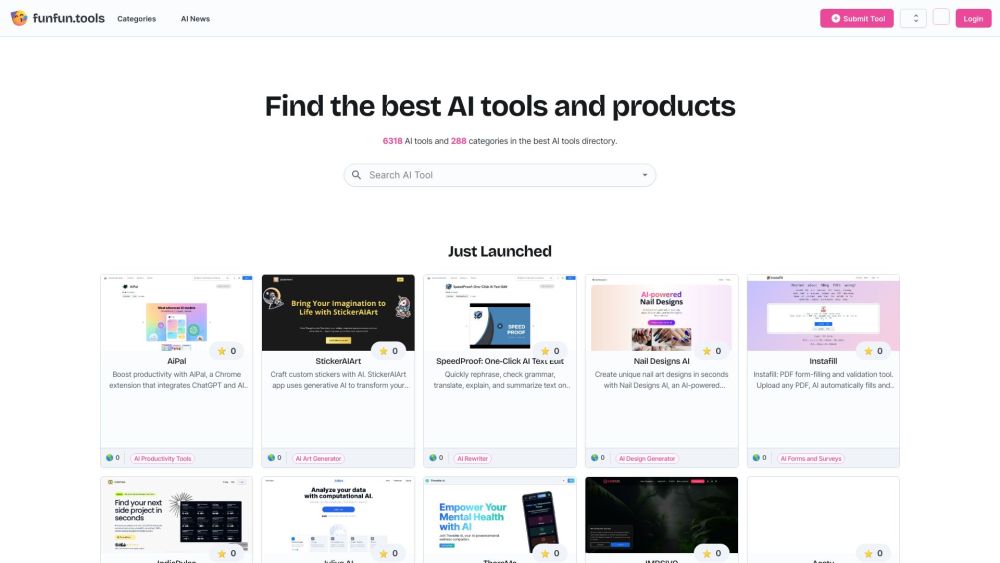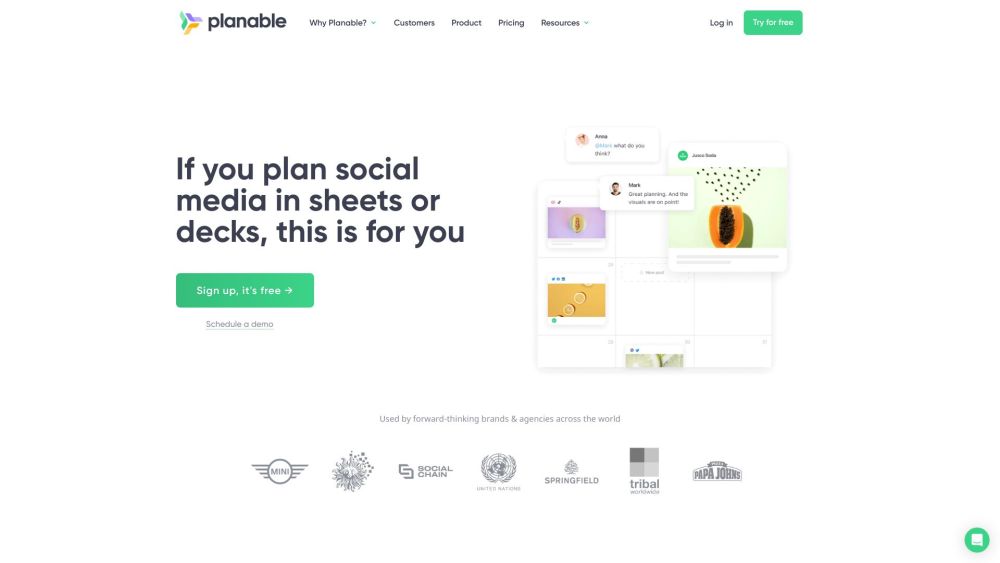Forrester Uncovers Key Barriers to Achieving Success with Generative AI
Most people like

Explore the best AI tools available today! Unlock the potential of artificial intelligence by leveraging cutting-edge technology to enhance your projects. Whether you're a business owner, a developer, or an enthusiast, this curated list will guide you through the most effective AI solutions to streamline your workflow and boost productivity. Dive in to find the perfect tool for your needs!

Planable is an essential, free tool designed for marketers to effortlessly plan and schedule their social media posts. Whether you're managing one platform or multiple channels, Planable streamlines your social media strategy, allowing you to enhance engagement and optimize your content calendar with ease.

Unlock Your Creativity: Generate Stunning Images with AI
In today's digital age, the power of artificial intelligence (AI) is transforming the way we create and visualize art. Whether you're a professional artist or an amateur enthusiast, generating pictures with AI offers endless possibilities for expression and innovation. With advanced algorithms and user-friendly tools, you can easily produce captivating images that reflect your unique vision. Discover how AI can elevate your creative process and inspire your artistic journey.
Find AI tools in YBX
Related Articles
Refresh Articles

